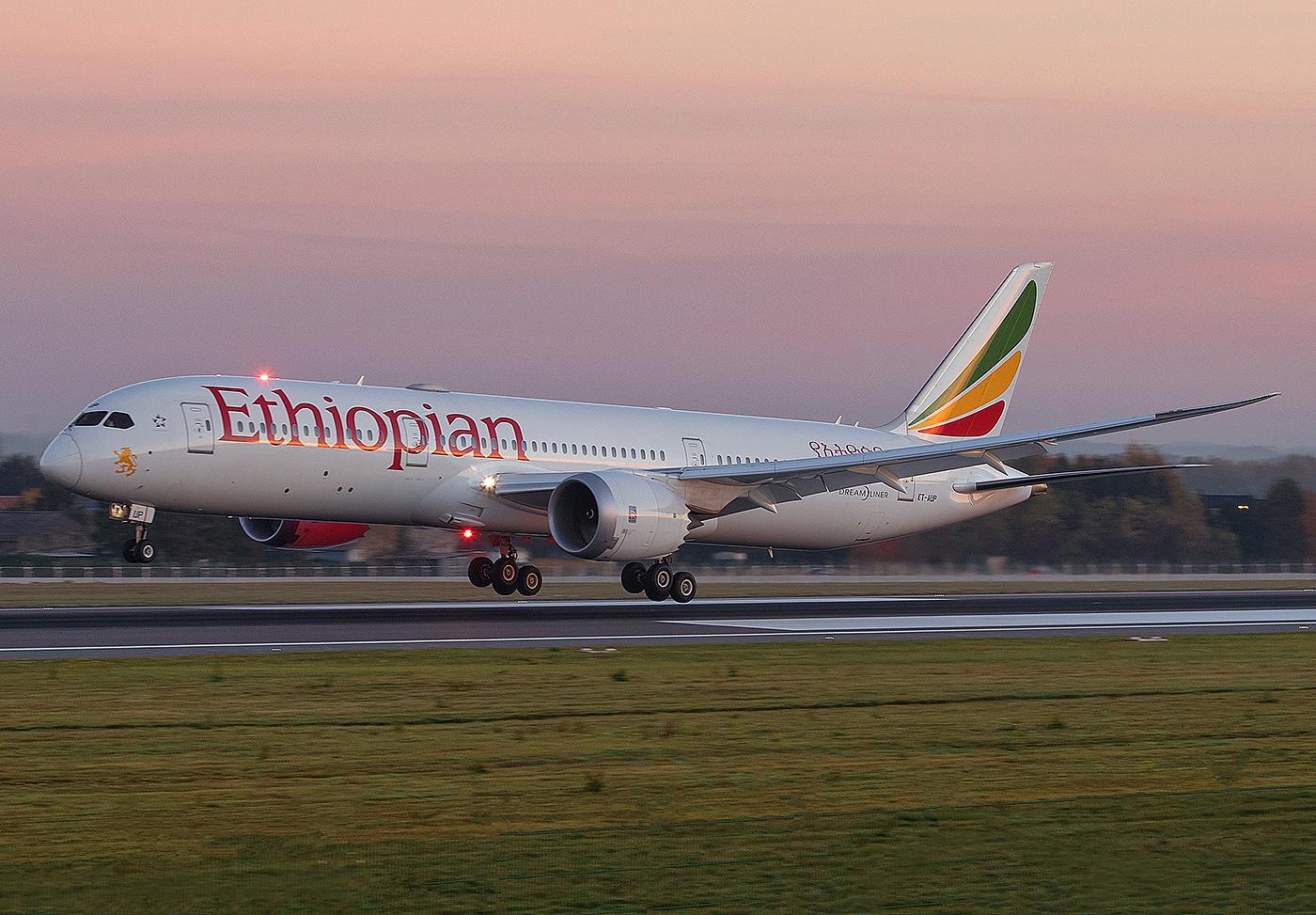
Credit: Joe Pries
ISTANBUL–Ethiopian Airlines Group has fully recovered to pre-pandemic operational levels, the company’s CEO said, and is now looking to further expand its fleet and network map. “Now we are operating around 140 aircraft, but this number continuously varies. By 2035, we forecast 271 aircraft in our...
Subscription Required
This content requires a subscription to one of the Aviation Week Intelligence Network (AWIN) bundles.
Schedule a demo today to find out how you can access this content and similar content related to your area of the global aviation industry.
Already an AWIN subscriber? Login
Did you know? Aviation Week has won top honors multiple times in the Jesse H. Neal National Business Journalism Awards, the business-to-business media equivalent of the Pulitzer Prizes.





